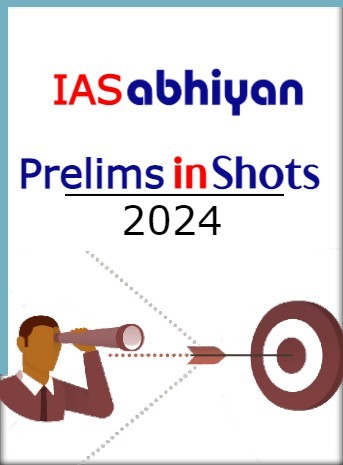Context
The PCI was established under the PCI Act of 1978.
Aim:
- It aims to preserve the freedom of the press and maintain and improve the standards of newspapers and news agencies in India.
Composition:
- The PCI consists of a chairman and 28 other members.
- The Chairman is selected by the Speaker of the Lok Sabha, the Chairman of the Rajya Sabha and a member elected by the PCI.
Functions:
The functions of the PCI include
- Helping newspapers maintain their independence.
- Build a code of conduct for journalists and news agencies.
- Help maintain “high standards of public taste” and foster responsibility among citizens.
- Review developments likely to restrict flow of news.
Powers:
- The PCI has the power to receive complaints of violation of the journalistic ethics, or professional misconduct by an editor or journalist.
- The PCI is responsible for enquiring into complaints received.
- It may summon witnesses and take evidence under oath, demand copies of public records to be submitted, even issue warnings and admonish (warn) the newspaper, news agency, editor or journalist.
- Decisions of the PCI are final and cannot be appealed before a court of law.
- Limitations on the powers of the PCI: The powers of the PCI are restricted in two ways.
- The PCI has limited powers of enforcing the guidelines issued. It cannot penalize newspapers, news agencies, editors and journalists for violation of the guidelines.
- The PCI only overviews the functioning of print media. That is, it can enforce standards upon newspapers, journals, magazines and other forms of print media.
- It does not have the power to review the functioning of the electronic media like radio, television and internet media.

